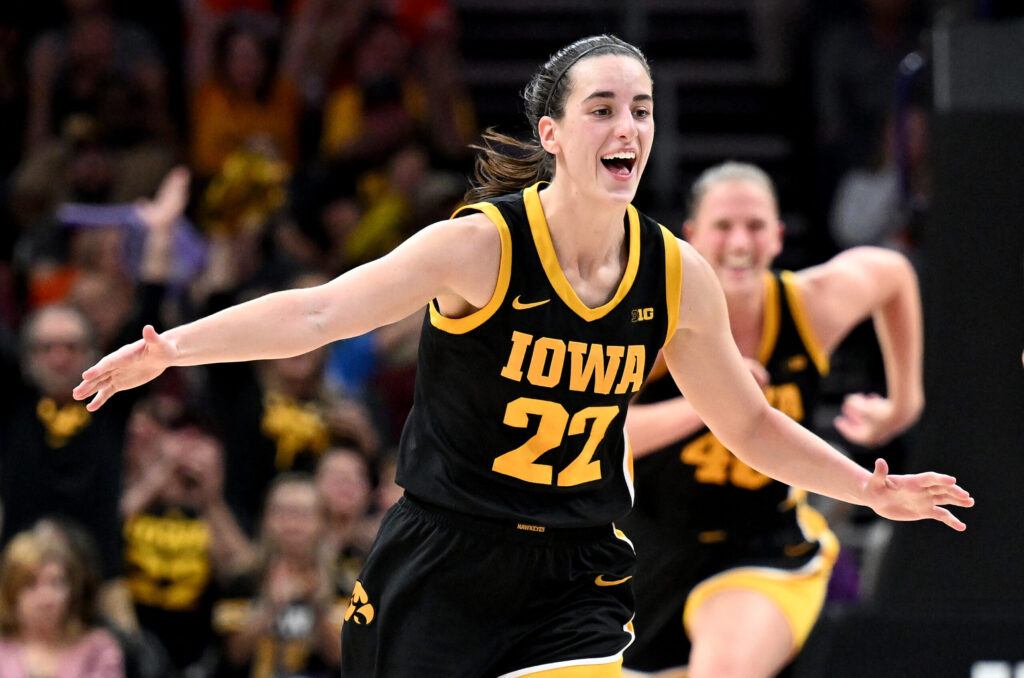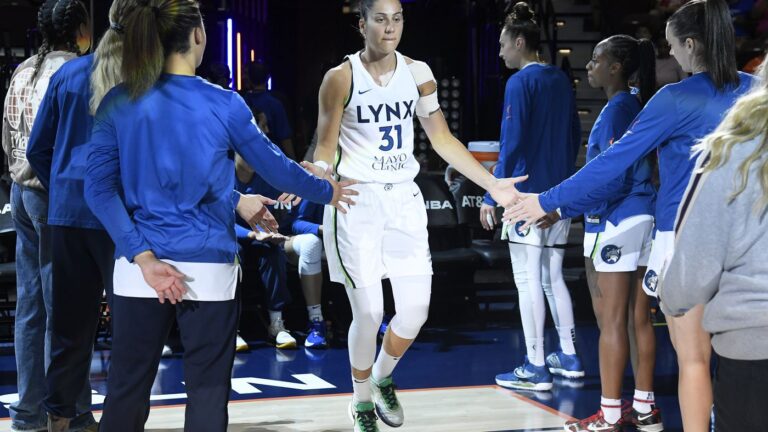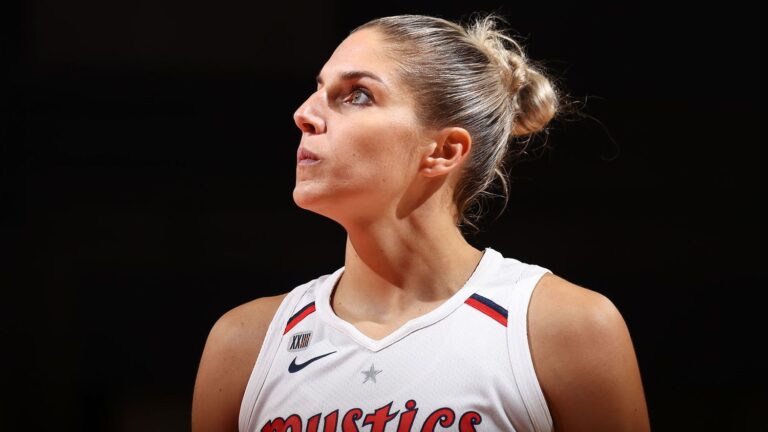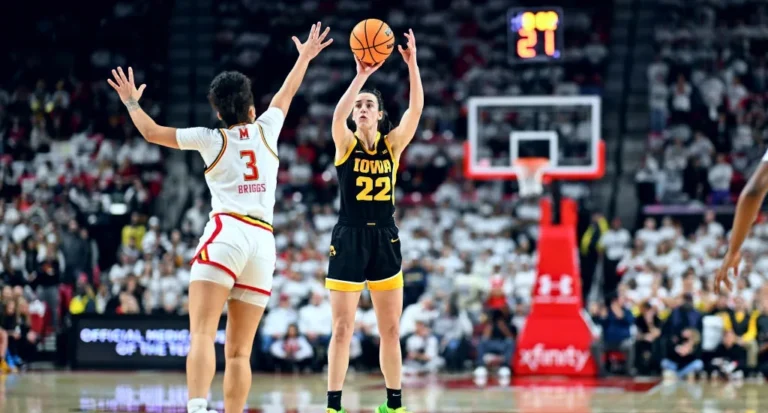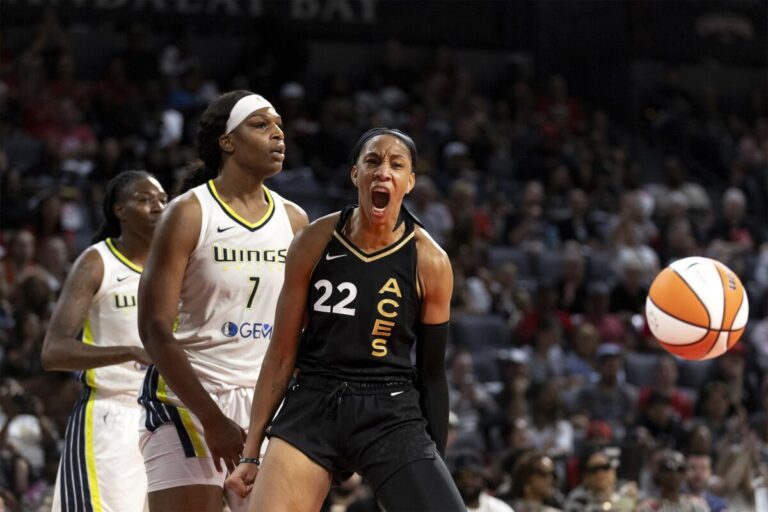Caitlin Clark: Spearheading a Revolutionary Era in WNBA Endorsements
-
To read 5 min.
-
Published
-
Comments 0
Key Points
- Caitlin Clark is revolutionizing women’s college basketball, drawing sell-out crowds and breaking attendance records, akin to a rockstar’s allure.
- She has achieved unprecedented success, being the first NCAA Division I player with 3,000 career points and 1,000 assists, indicating her significant impact on and off the court.
- Clark’s potential transition to the WNBA has sparked discussions about the economic implications of NIL (Name, Image, and Likeness) deals, challenging misconceptions about athlete endorsements and salaries.
- NIL deals have elevated the commercial appeal and financial prospects of women’s basketball, suggesting a promising future for female athletes in terms of endorsements and fan engagement.
A Phenomenon Unfolds in Women’s Basketball
In the vibrant world of women’s college basketball, Caitlin Clark emerges not just as a player but as an electrifying phenomenon. Her appearances transform games into sell-out events, akin to the frenzy of a rock concert, with fans eagerly navigating through crowds and security to catch a glimpse of the star. Clark’s impact is palpable, with every game feeling like a home advantage, thanks to the waves of black and yellow that flood venues nationwide, echoing the legendary status of bands like the Beatles. This unparalleled attention is not lost on Clark, who finds the adoration and excitement surrounding her games both surreal and humbling.
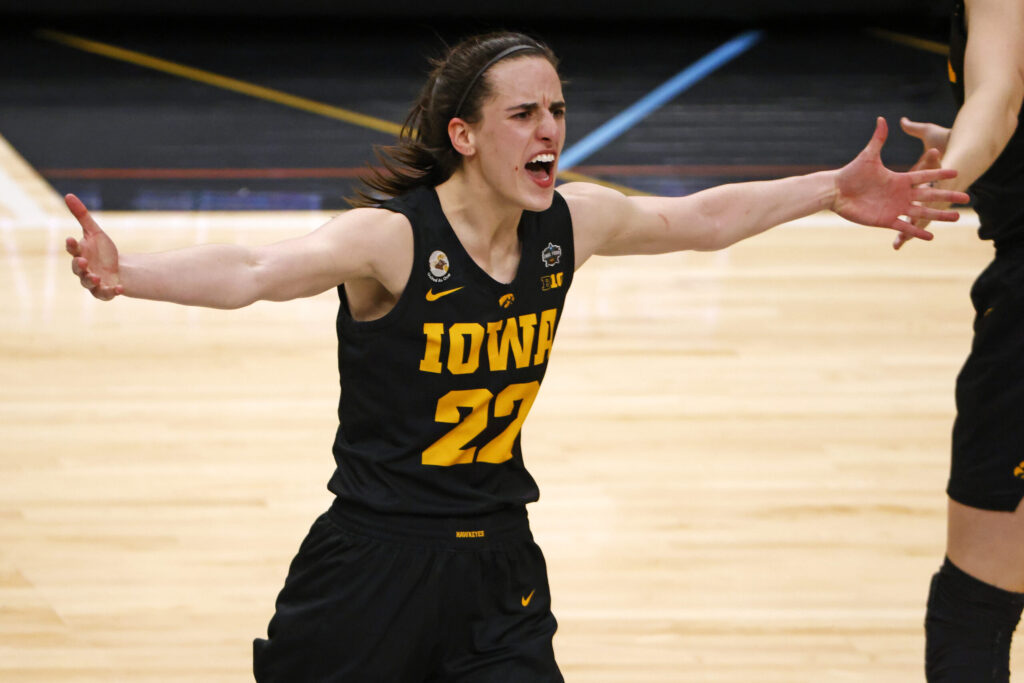
Record-Breaking Performances and Fan Engagement
Clark’s ability to draw crowds is matched only by her record-breaking performances on the court. As the first NCAA Division I player to hit 3,000 career points and 1,000 assists, her journey is marked by sold-out arenas and record-breaking attendance figures. The anticipation and enthusiasm of young fans, donned in Clark’s jerseys, underline the profound impact she has on the sport and its followers. Her approachability, despite the immense fame, and her focus on the present, rather than the looming prospects of a WNBA career, underscore a grounded and focused athlete.
Redefining the Economic Landscape of Women’s Basketball
The discussion around Clark’s potential transition to the WNBA ignites conversations about the economic dynamics of the sport, particularly concerning Name, Image, and Likeness (NIL) deals. Experts like Noah Henderson highlight a significant misunderstanding regarding athlete endorsements and salaries, emphasizing the distinct and lucrative opportunities that NIL deals present. Unlike the misconception of NIL deals as transient college salaries, these endorsements offer a sustainable income source, enhancing the financial appeal of women’s basketball. Clark’s endorsement portfolio, boasting partnerships with major brands, exemplifies the growing commercial appeal and marketability of women’s college basketball players.
The game that Caitlin Clark broke the NCAA scoring record:
— Teg???? (@IQfor3) February 16, 2024
49 points (career-high)
5 rebounds
13 assists
16-31 FG
9-18 3P
just ridiculous pic.twitter.com/vPSdTADqAd
The Impact of NIL Deals on Women’s Sports
NIL deals have not only elevated the profile of athletes like Clark but have also catalyzed a shift in the commercial landscape of women’s sports. These deals have transformed college athletes into household names, attracting attention and investments from brands in ways previously unseen in the WNBA. The transition from college to professional leagues does not mark the end of these lucrative partnerships; instead, it opens doors to broader endorsement opportunities. Athletes like Aliyah Boston illustrate the seamless continuation of brand relationships, highlighting the expanding influence and financial potential of female athletes beyond the collegiate level.
Ushering in a New Era of Endorsements and Fan Engagement
The rise of athletes like Clark signals a promising future for women’s basketball, characterized by increased fan engagement, commercial interest, and financial opportunities. The growing popularity of women’s sports, coupled with the demand for merchandise and endorsements, suggests a bright future for players in the WNBA. As Clark and her contemporaries navigate their careers, they are not just playing the game they love; they are paving the way for a new era of endorsements, fan engagement, and financial success in women’s sports.
Conclusion
In summary, Caitlin Clark’s journey in women’s college basketball exemplifies a transformative era in sports endorsements, fan engagement, and the economic landscape of women’s basketball. Her remarkable achievements on the court and her role in redefining the commercial appeal of female athletes herald a new chapter in the WNBA and beyond, promising a future where talent, marketability, and financial success go hand in hand.
FAQs
- How has Caitlin Clark impacted women’s college basketball?
Caitlin Clark has significantly impacted women’s college basketball by attracting sell-out crowds and creating a fervent fan base wherever she plays. Her achievements on the court have broken records and set new standards for future athletes.
- What are NIL deals, and how do they affect female college athletes like Clark?
NIL deals allow college athletes to earn money from their Name, Image, and Likeness. For athletes like Clark, these deals provide financial opportunities beyond traditional athletic scholarships, making it possible to earn substantial income through endorsements while still in college.
- Can Caitlin Clark continue to benefit from NIL deals if she joins the WNBA?
Yes, transitioning to the WNBA does not end NIL deal opportunities for athletes like Clark. Instead, it transitions into more traditional endorsement deals, allowing athletes to continue benefiting from their personal brand and fan base at a professional level.

